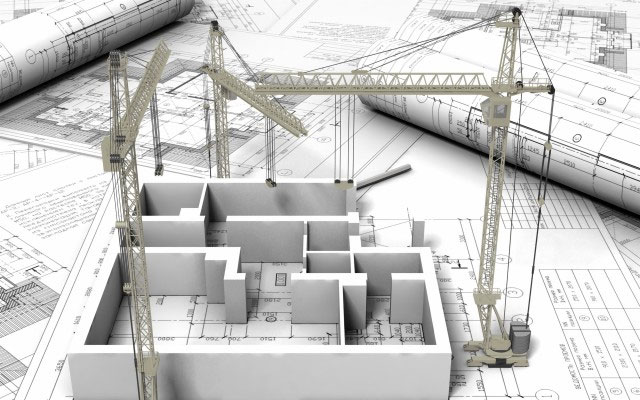Civil Engineering is by far the oldest discipline of engineering which deals with planning, design, construction and maintenance of physical and built environment. Due to continuous development and challenges emerging within the country and around the world, its scope is overwhelming. B.Tech in Civil Engineering is a full time 4 years graduate course, affiliated to JCBUST, YMCA, Faridabad (A Haryana state Government University, Accredited “A” grade by NAAC). The course is approved by All India Council for Technical Education, Delhi. B.Tech graduates of Civil Engineering are required to have knowledge of fundamentals, acquire problem solving ability, develop the technical and soft skills, and have an inquisitiveness for innovation and contribution to the society. At RIET, we achieve this through simulations, laboratory experiments, industrial visits, guest lectures/workshops, site visits, case studies; project-based learning and activities in technical societies. The competent and enthusiastic faculties are mentors to students who prepare, counsel and guide them to be ethical and competent professionals, pursue higher studies and be leaders of the community. We invite you to navigate through the department homepage and join the oldest and one of the most promising discipline of Civil Engineering at Rawal Institute of Engineering & Technology, Faridabad.
To be a leading department for Education, Training and Research in Civil Engineering for a better future and over-all Socio-Economic progress of the Country in a sustainable manner

Rawal Institute of Engineering and Technology prepares the graduates of Bachelors in Technology – Civil Engineering so that –
For Civil Engineering Graduates there is a massive career opportunity in Government sector as well as private sector.
Well-equipped laboratories enable students to augment their practical knowledge. As per university curriculum department has following Laboratories:
The focus of this lab is to develop graphical skills for communicating concepts, ideas and designs of engineering products graphically/ visually as well as understand another person’s designs.
Understand right use of sensors and instruments for differing applications for civil engineering along with limitations.
Students can understand the broad principles of fluid statics, kinematics and dynamics and they can understand classifications of fluid flow.
Aim of this lab is that students can relate the knowledge on surveying to the new frontiers of science like Hydrographic surveying, Electronic Distance Measurement, Global Positioning System, Photogrammetry and Remote Sensing.
This lab depicts different materials used in civil engineering applications.
The students will be able to apply their knowledge of fluid mechanics in addressing problems in open channels.
Objective of this lab is tounderstand various site investigation techniques and their in-situ applications;
Objective of this lab is to carry out surveys involved in planning and highway alignment design.
Be able to identify and value the effect of the pollutants on the environment and to plan strategies to control, reduce and monitor pollution. Students will be able to select the most appropriate technique for the treatment of water, wastewater solid waste and contaminated air.
Student will be able to perform and evaluate present worth, future worth and annual worth analyses on one of more economic alternativesand to quantify the worth of a structure by evaluating quantities of constituents, derive their cost rates and build up the overall cost of the structure